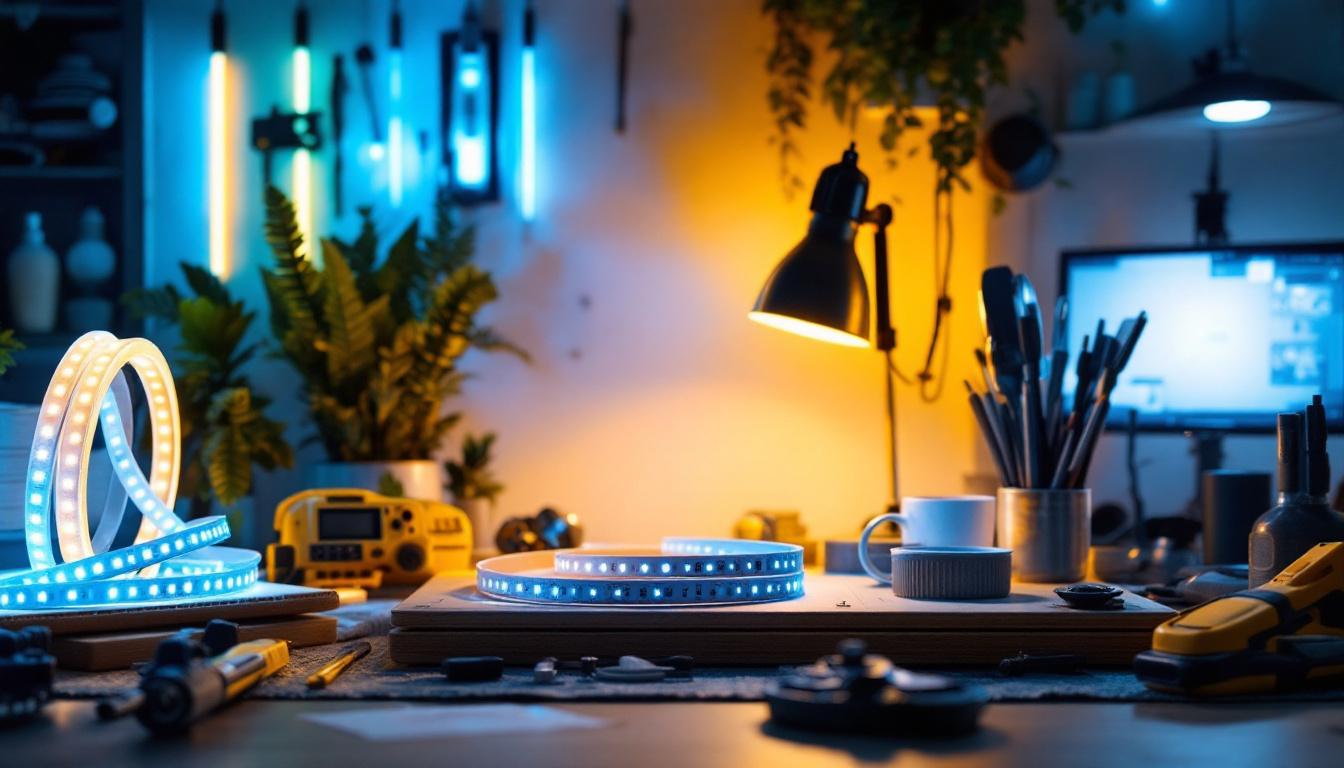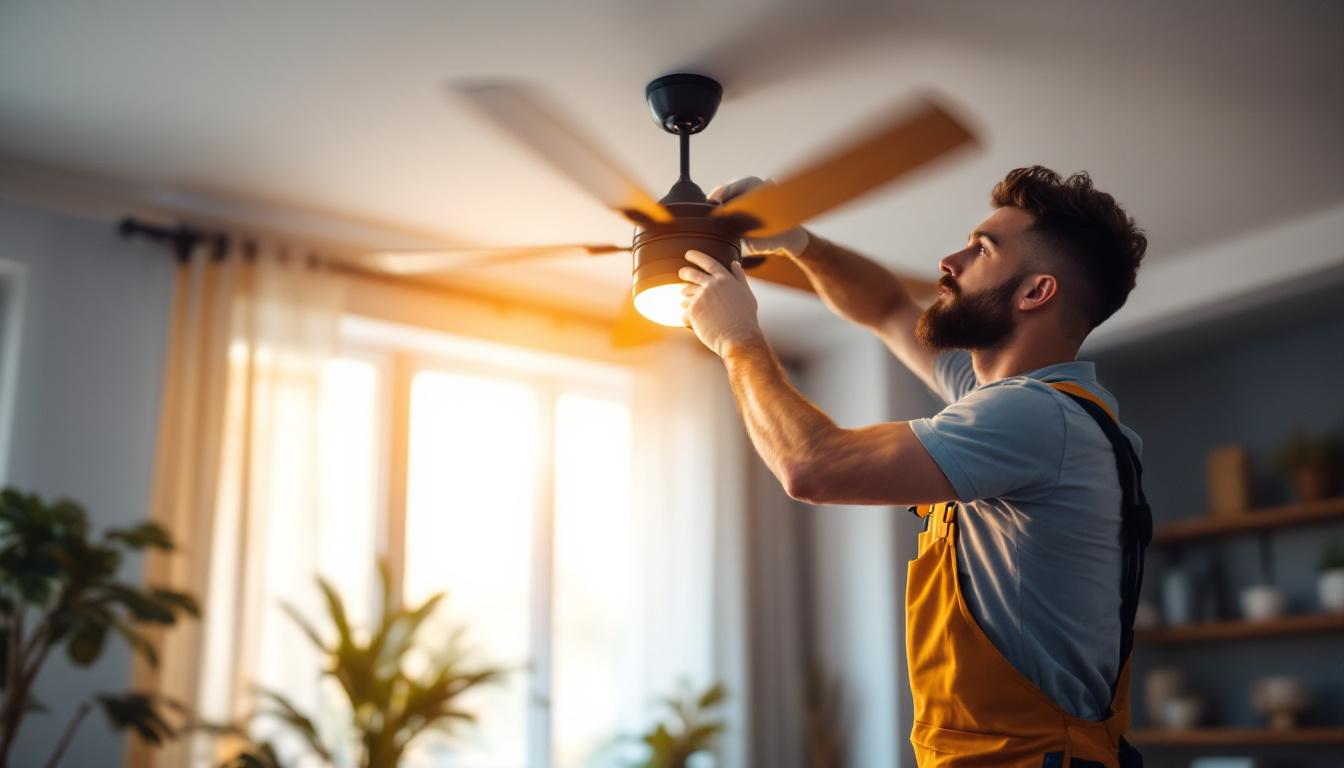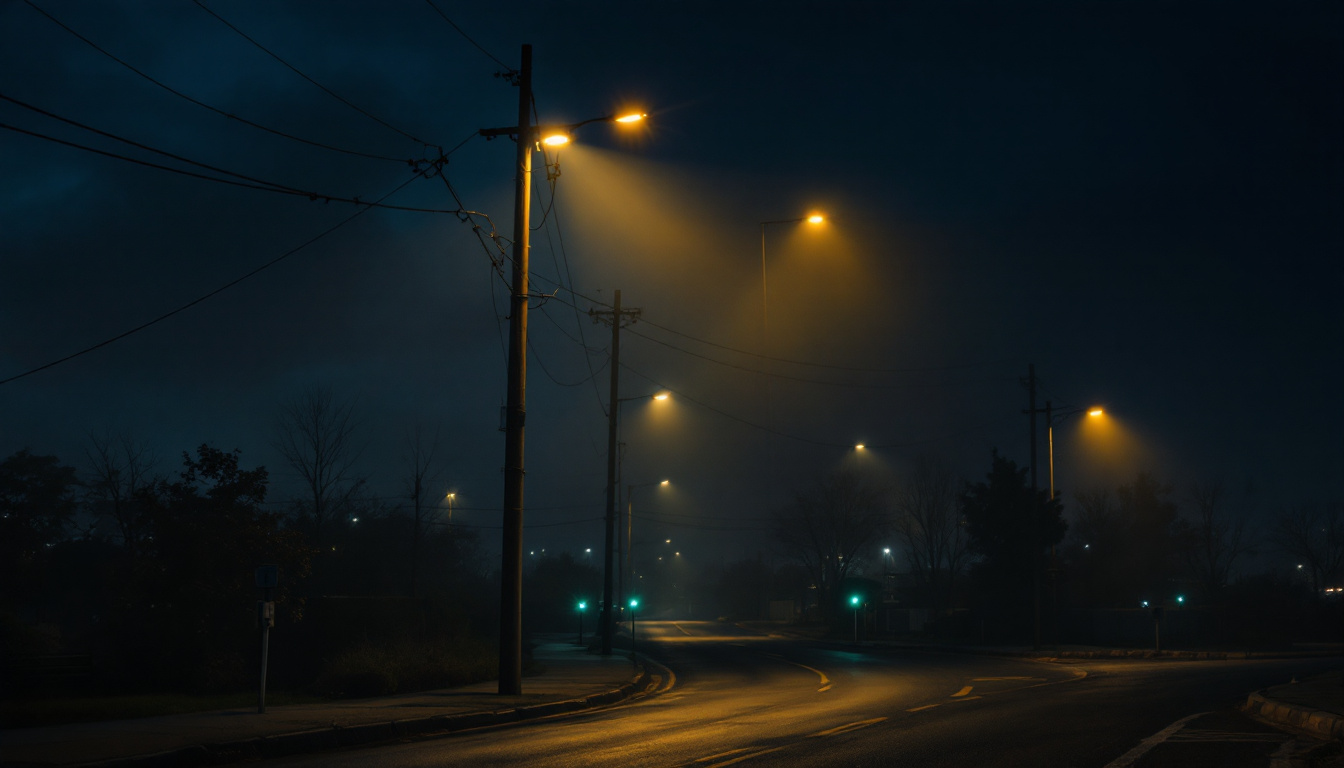
In the realm of industrial lighting, the choice of lamp bulbs plays a pivotal role in ensuring efficiency, safety, and productivity. Lighting contractors must navigate a myriad of options, each with its own set of characteristics and applications. Understanding the best practices associated with industrial lamp bulbs is essential for delivering optimal lighting solutions to clients. This article delves into the key considerations and best practices that lighting contractors should adopt when working with industrial lamp bulbs.
Industrial lamp bulbs are designed to meet the specific demands of various industrial environments. These bulbs differ significantly from standard residential lighting, not only in their construction but also in their purpose and application. Familiarity with the types of bulbs available and their respective features is crucial for contractors.
There are several types of industrial lamp bulbs, each suited for different applications. The most common types include LED, fluorescent, high-intensity discharge (HID), and incandescent bulbs. Each type has its advantages and disadvantages that contractors must consider when making recommendations to clients.
LED bulbs are increasingly popular due to their energy efficiency and long lifespan. They produce less heat and are available in various color temperatures, making them versatile for different industrial settings. Fluorescent bulbs, while less efficient than LEDs, are still widely used in warehouses and factories due to their cost-effectiveness. HID bulbs, including metal halide and high-pressure sodium, are ideal for large spaces requiring high-intensity lighting. Incandescent bulbs, though less common in industrial settings, may still be found in specific applications.
When selecting industrial lamp bulbs, several key features should be taken into account. These include lumen output, color temperature, energy efficiency, and durability. Lumen output indicates the brightness of the bulb, which is critical for ensuring adequate visibility in work areas. Color temperature affects the ambiance and can influence worker productivity and safety.
Energy efficiency is a significant consideration, especially in environments where lighting is used extensively. Contractors should look for bulbs with high lumens per watt ratios to maximize energy savings. Additionally, durability is paramount in industrial settings where bulbs may be exposed to harsh conditions, such as dust, moisture, and extreme temperatures. Choosing bulbs with robust construction can minimize maintenance costs and downtime.
Moreover, the installation and maintenance of industrial lamp bulbs can be a complex process, often requiring specialized knowledge and equipment. For instance, some high-bay lighting solutions may necessitate the use of lifts or scaffolding for safe installation. Understanding the specific requirements for each type of bulb can help contractors ensure that installations are performed efficiently and safely. Additionally, the lifespan of the bulbs can impact long-term operational costs, making it essential to consider not only the initial purchase price but also the total cost of ownership over time.
Another essential aspect to consider is the environmental impact of the different types of bulbs. For example, while LED bulbs are celebrated for their energy efficiency, the materials used in their production and disposal can also have ecological implications. Contractors should be informed about recycling programs and disposal regulations for various bulb types, particularly for fluorescent and HID bulbs, which may contain hazardous materials. This knowledge not only helps in compliance with environmental regulations but also positions contractors as responsible and informed professionals in the eyes of their clients.
Choosing the right industrial lamp bulb is only part of the equation. Proper installation and maintenance are equally important to ensure optimal performance and longevity. Here are some best practices that lighting contractors should follow.
Before selecting bulbs, conducting a thorough lighting audit is essential. This process involves assessing the current lighting conditions, identifying areas that require improvement, and understanding the specific needs of the workspace. Factors such as the size of the area, the tasks performed, and the existing lighting infrastructure should be evaluated.
A lighting audit will help contractors determine the appropriate type and quantity of bulbs needed. It also provides an opportunity to engage with clients about their preferences and any specific requirements they may have, such as color temperature or brightness levels. Furthermore, it can reveal opportunities for energy savings by identifying over-lit areas or outdated fixtures that could be replaced with more efficient options, ultimately leading to reduced operational costs for the facility.
Lighting contractors must ensure that their selections comply with relevant safety and performance standards. Various organizations, such as the Illuminating Engineering Society (IES) and the American National Standards Institute (ANSI), provide guidelines for industrial lighting. Compliance with these standards not only ensures safety but also enhances the quality of the lighting solution.
Additionally, contractors should stay informed about local regulations and codes that may affect lighting installations. This knowledge is crucial for avoiding potential legal issues and ensuring that clients receive compliant and safe lighting solutions. Regular training and updates on industry standards can also empower contractors to offer the best advice and solutions, fostering trust and credibility with their clients.
Once the right bulbs have been selected, proper installation techniques must be employed. This includes ensuring that fixtures are compatible with the chosen bulbs and that they are installed at the correct height and angle for optimal light distribution. Poor installation can lead to uneven lighting, shadows, and increased energy consumption.
Contractors should also consider the use of dimmers and controls to enhance flexibility and energy efficiency. These systems allow for adjustments based on occupancy and natural light availability, further optimizing lighting performance. Moreover, implementing smart lighting technology can provide additional benefits, such as remote control capabilities and automated scheduling, which can significantly enhance the user experience while reducing energy waste. Regular training on the latest installation techniques and technologies can further empower contractors to deliver high-quality, efficient lighting solutions that meet the evolving demands of industrial environments.
Regular maintenance and timely replacement of industrial lamp bulbs are vital for sustaining performance and minimizing disruptions. Establishing a proactive maintenance strategy can significantly extend the lifespan of lighting systems. This not only enhances operational efficiency but also contributes to energy savings, reducing overall costs for businesses.
Implementing routine inspections is a best practice that allows contractors to identify potential issues before they escalate. Inspections should include checking for burnt-out bulbs, flickering lights, and signs of wear on fixtures. Addressing these issues promptly can prevent safety hazards and ensure consistent lighting quality. Furthermore, routine inspections can help in identifying outdated lighting technologies that may be consuming more energy than necessary, paving the way for upgrades to more efficient solutions.
During inspections, contractors should also clean fixtures and bulbs to remove dust and debris, which can hinder light output. Maintaining a clean lighting system is essential for maximizing efficiency and ensuring a safe working environment. Additionally, the inspection process can serve as an opportunity for contractors to assess the overall layout of the lighting system, ensuring that all areas are adequately illuminated and that there are no dark spots that could pose risks to workers.
Establishing a replacement schedule based on the expected lifespan of the bulbs is another effective strategy. Different types of bulbs have varying lifespans, and keeping track of when bulbs are due for replacement can prevent unexpected outages. This is particularly important in industrial settings where consistent lighting is critical for operations. Moreover, a well-planned replacement schedule can also facilitate bulk purchasing of replacement bulbs, potentially leading to cost savings for businesses.
Contractors should also educate clients about the signs that indicate a bulb may need replacement, such as dimming or flickering. By fostering awareness, clients can be proactive in maintaining their lighting systems. Additionally, providing clients with insights into the latest advancements in lighting technology, such as LED options, can encourage them to consider energy-efficient alternatives that not only last longer but also reduce their carbon footprint. This educational component can empower clients to make informed decisions that benefit both their operational needs and environmental responsibilities.
In today’s environmentally conscious world, energy efficiency and sustainability are paramount considerations for lighting contractors. The choice of industrial lamp bulbs can significantly impact energy consumption and overall environmental footprint.
Contractors should prioritize energy-efficient solutions, such as LED bulbs, which consume significantly less energy than traditional incandescent or fluorescent options. By promoting these solutions, contractors can help clients reduce their energy costs and lower their carbon emissions.
Additionally, contractors can explore smart lighting technologies that incorporate sensors and automated controls. These systems can adjust lighting based on occupancy and daylight availability, further enhancing energy efficiency and sustainability.
Educating clients about the benefits of energy-efficient lighting is essential for fostering a culture of sustainability. Contractors should provide information on the long-term cost savings associated with energy-efficient bulbs and the positive environmental impact of reducing energy consumption.
By positioning themselves as knowledgeable resources, contractors can build trust with clients and encourage them to make informed decisions that align with sustainability goals.
In conclusion, lighting contractors play a crucial role in selecting and implementing industrial lamp bulbs that meet the unique needs of their clients. By understanding the various types of bulbs available, conducting thorough lighting audits, ensuring compliance with standards, and adopting best practices for installation and maintenance, contractors can deliver effective and sustainable lighting solutions.
Moreover, focusing on energy efficiency and educating clients about sustainable practices can enhance the overall value of lighting projects. As the demand for efficient and reliable industrial lighting continues to grow, contractors who embrace these best practices will be well-positioned to succeed in the competitive landscape of industrial lighting.
Ultimately, the right approach to industrial lamp bulbs not only improves workplace safety and productivity but also contributes to a more sustainable future. By staying informed and proactive, lighting contractors can ensure that they provide the best possible lighting solutions for their clients.
Ready to elevate your lighting projects with the best in industrial lamp bulbs? Look no further than LumenWholesale, where we provide contractors with the highest quality, spec-grade lighting products at unmatched wholesale prices. Say goodbye to local distributor markups and hello to a vast selection of lighting solutions that meet rigorous industry standards. With LumenWholesale, you’ll enjoy the convenience of bulk buying with free shipping, ensuring you get premium lighting at the best value — all without hidden fees or quality compromises. Make the smart choice for your lighting needs and experience Wholesale Lighting at the Best Value today.

Discover the best places to purchase LED strip lights with our comprehensive guide tailored for lighting contractors.

Discover essential tips and best practices for lighting contractors when installing light fixture ceiling fans.

Discover how American LED manufacturers are boosting energy efficiency with innovative solutions, saving up to 75% on energy costs—learn how to upgrade today!.

Discover the common oversights lighting contractors make in pole parking projects.